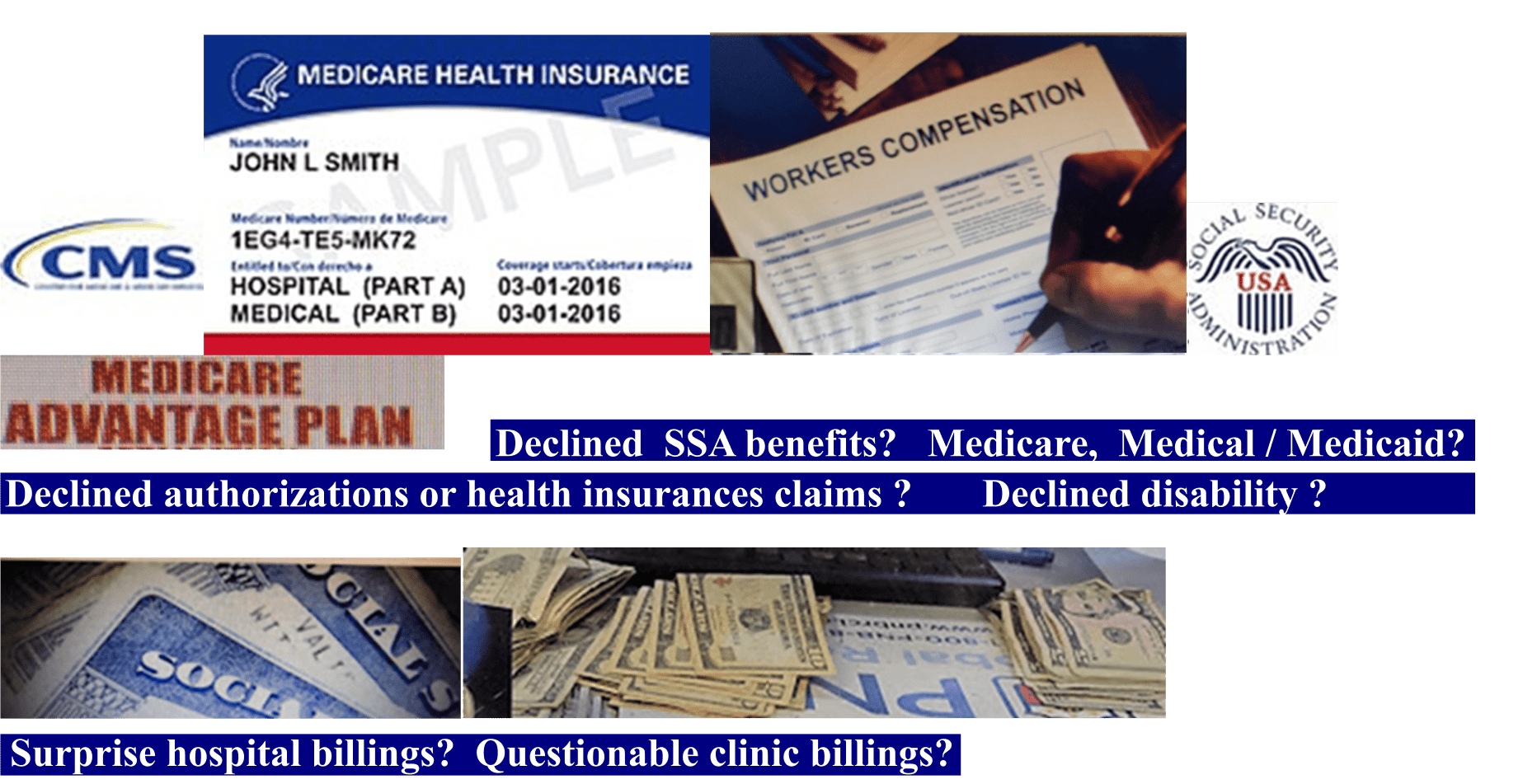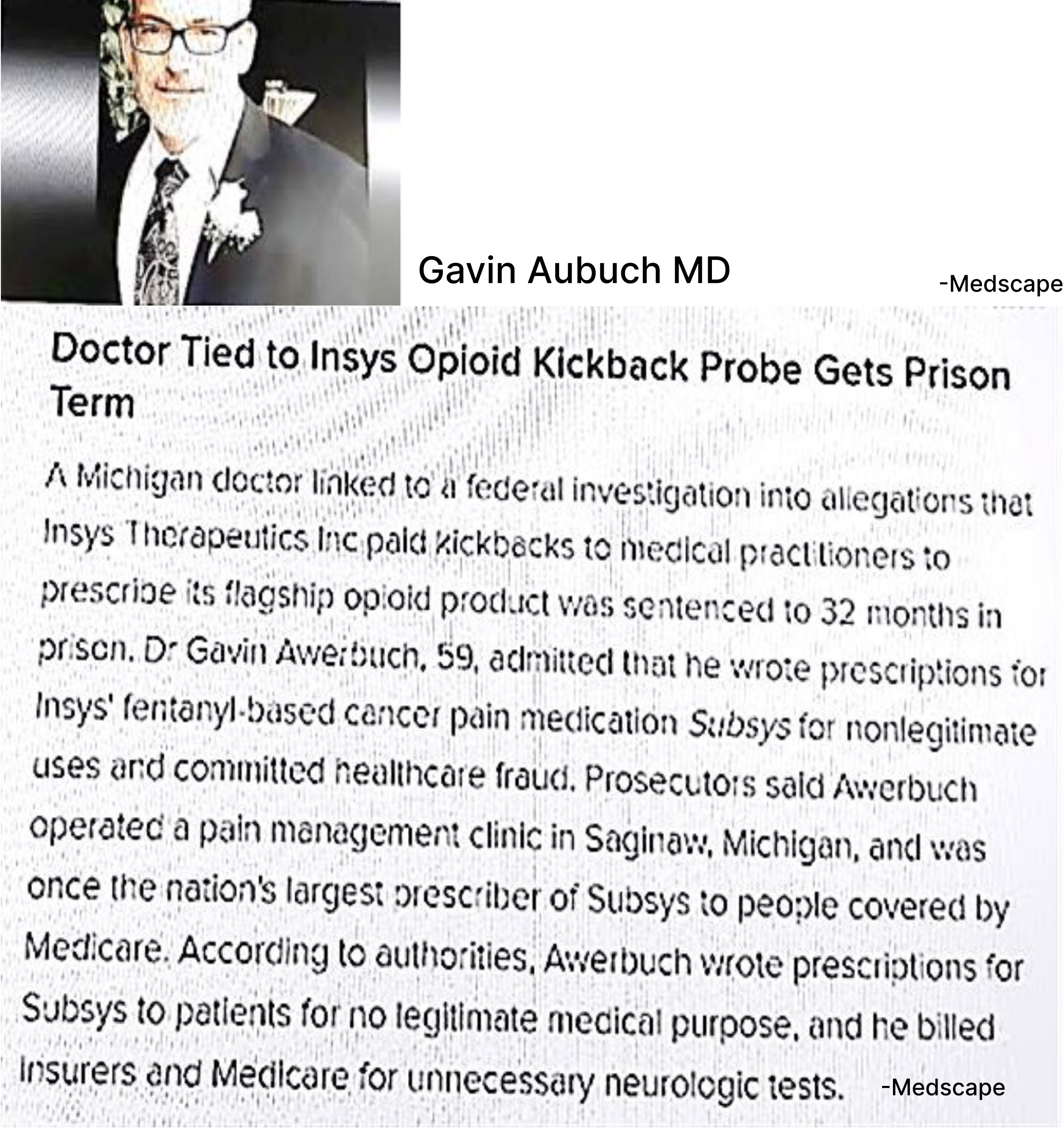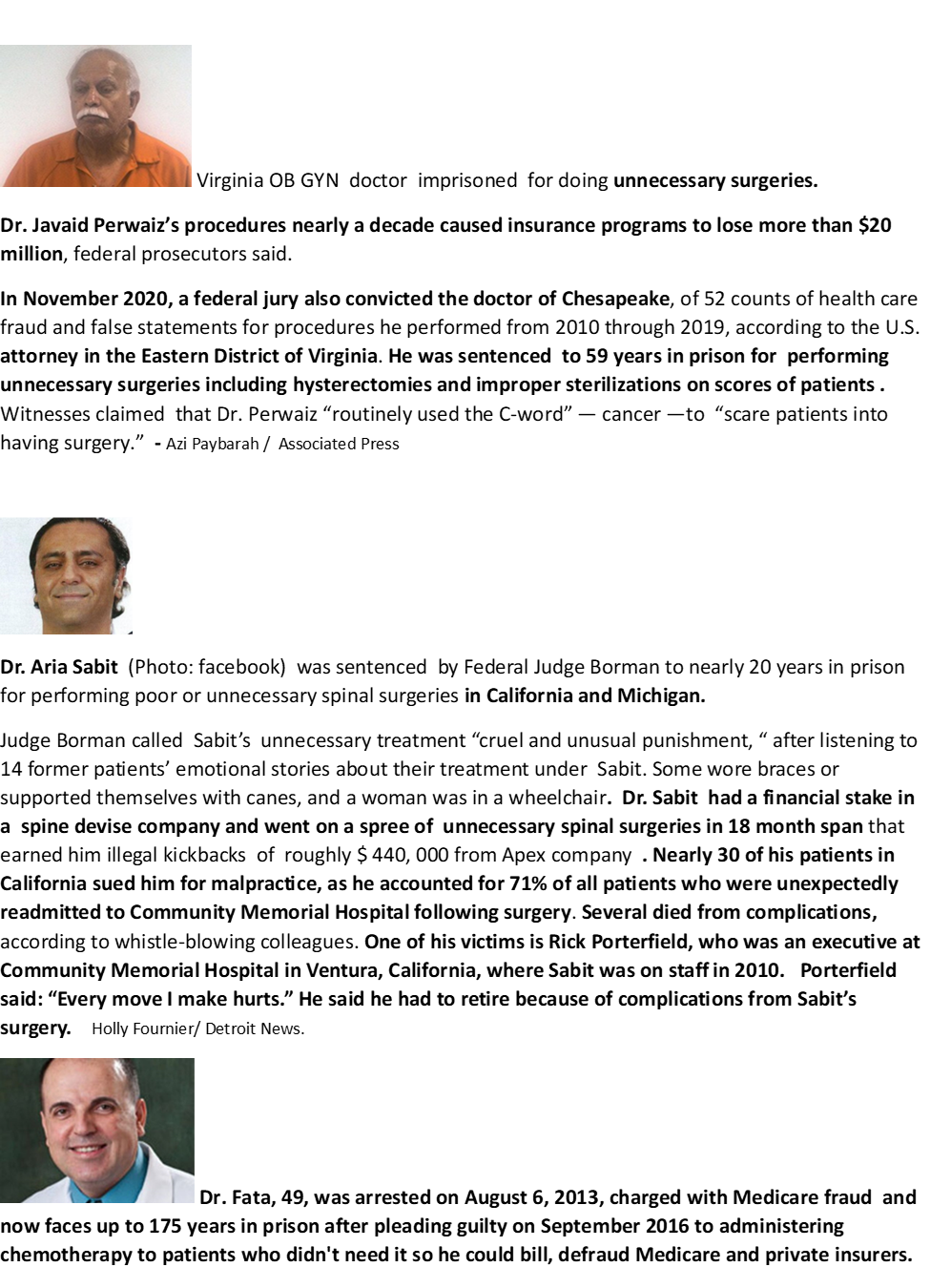Membership Enrolment Opens
- 4212 E Los Angeles Ave, PMB #3644, Simi Valley, CA 93063

Medical/Medicaid, Medicare & Health Insurances
Let us help
Northern America’s healthcare system has been a health SCARE for some especially to the middle class with the high cost health insurance and steeply-priced pharmaceutic . Middle class are affected utmost when the upper class can afford and the low- income are covered mostly by Federal’s Medical / Medicaid programs. However recent government surveys show that about 90% of population are covered under existing low cost- healthcare programs (ACA or Affordable Care Act). More people indeed have insurance coverage now, but some are still struggling to pay their deductible and copays. The Affordable Care Act (ACA) was signed as Obamacare on March 23, 2010 , intended to make healthcare affordable, providing preventive healthcare like immunizations, preventive imaging like colonoscopy, x rays , women and child wellness at NO cost. However, while we are seeing these ACA freebies a blessing, lightening up the healthcare costs, “The ACA did not specify the ACA rules and operations around it, are left up to individual insurers — like what procedure codes are covered under the umbrella of each of those services in same or spirit, who qualifies, how often they can get them is up to each individual insurer,”. This is according to Paul Shafer, assistant professor of health, law policy, and management at Boston University School of Public Health. What this meant was- for instance, if a colonoscopy was done as preventive measure, ACA covers and patient need not pay. But when a certain disease or diseases were discovered during colonoscopy, preventive procedure of colonoscopy is not charged but the additional procedure done to remove, treat a disease like polyps removal, will be billed with its corresponding code. Codes are reference for bill rates or pricing, to whatever health insurances the patient carry primarily, or secondarily – if the primary insurance won’t take the bill. The end point is the ‘surprise billing’ can be sent to the patient eventually, when neither insurances would cover pay the bill.

















